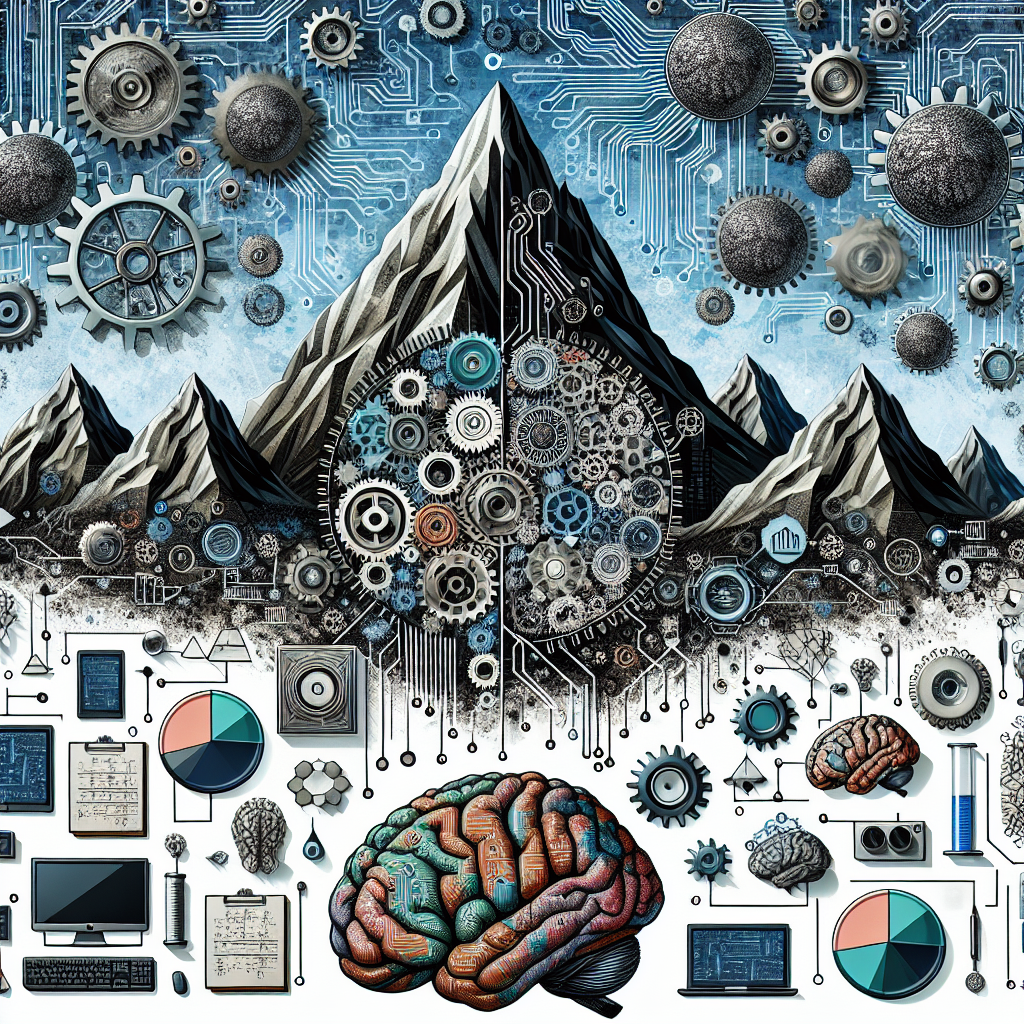Artificial General Intelligence (AGI) is the ultimate goal of artificial intelligence research – creating a machine that can think, reason, and learn like a human. While we have made significant progress in AI research in recent years, developing AGI presents a whole new set of challenges. In this article, we will explore the obstacles that researchers face in developing AGI and discuss some potential solutions to overcome them.
1. The Complexity of Human Intelligence
One of the biggest challenges in developing AGI is the sheer complexity of human intelligence. Our brains are incredibly complex, with billions of neurons interconnected in intricate ways. Replicating this level of complexity in a machine is no easy task. While current AI systems excel at specific tasks, such as image recognition or language processing, they struggle when it comes to more general tasks that humans find easy, such as understanding context or reasoning in novel situations.
To develop AGI, researchers need to find ways to replicate the flexibility and adaptability of human intelligence. This requires creating AI systems that can learn from experience, generalize from past knowledge, and apply that knowledge to new situations. It also requires developing AI systems that can understand and reason about the world in a way that is similar to how humans do.
2. Data Limitations
Another major challenge in developing AGI is the limitations of current data sets. While AI systems have made significant advancements in recent years, they are still reliant on large amounts of labeled data to learn from. This data is often biased or incomplete, leading to AI systems that are limited in their ability to generalize and adapt to new situations.
To overcome this challenge, researchers need to find ways to create more diverse and representative data sets for AI systems to learn from. This may involve collecting data from a wider range of sources, ensuring that the data is unbiased and representative of the real world, and developing new techniques for training AI systems with limited data.
3. Lack of Explainability
One of the key challenges in developing AGI is the lack of explainability in current AI systems. While AI systems can perform complex tasks with high accuracy, they often struggle to explain how they arrived at a particular decision or conclusion. This lack of transparency makes it difficult for researchers to understand and improve AI systems, as well as for users to trust and interact with them.
To develop AGI, researchers need to find ways to make AI systems more explainable and transparent. This may involve developing new techniques for interpreting and visualizing the decisions made by AI systems, as well as creating systems that can provide explanations for their actions in a way that is understandable to humans.
4. Ethical and Social Implications
Developing AGI also raises significant ethical and social implications. As AI systems become more advanced and autonomous, they have the potential to impact a wide range of industries and society as a whole. This includes concerns about job displacement, privacy and security, bias and discrimination, and the potential for AI systems to be used for malicious purposes.
To overcome these challenges, researchers need to work closely with policymakers, ethicists, and the public to ensure that AI systems are developed and deployed in a responsible and ethical manner. This may involve developing new regulations and guidelines for the use of AI systems, as well as engaging in public dialogue and education about the potential risks and benefits of AGI.
FAQs:
Q: How close are we to developing AGI?
A: While significant progress has been made in AI research in recent years, developing AGI is still a long way off. Researchers are actively working on overcoming the challenges outlined in this article, but it is difficult to predict when AGI will be achieved.
Q: What are some potential benefits of AGI?
A: AGI has the potential to revolutionize a wide range of industries, including healthcare, finance, transportation, and entertainment. It could also help us solve some of the world’s most pressing challenges, such as climate change, poverty, and disease.
Q: What are some potential risks of AGI?
A: AGI also poses significant risks, including job displacement, privacy and security concerns, bias and discrimination, and the potential for AI systems to be used for malicious purposes. It is important for researchers and policymakers to address these risks as AGI development progresses.
In conclusion, developing AGI presents a unique set of challenges for AI researchers. From the complexity of human intelligence to the limitations of current data sets to the lack of explainability in AI systems, there are many obstacles that need to be overcome. However, with continued research and collaboration, it is possible that we may one day achieve the goal of creating machines that can think, reason, and learn like humans.

